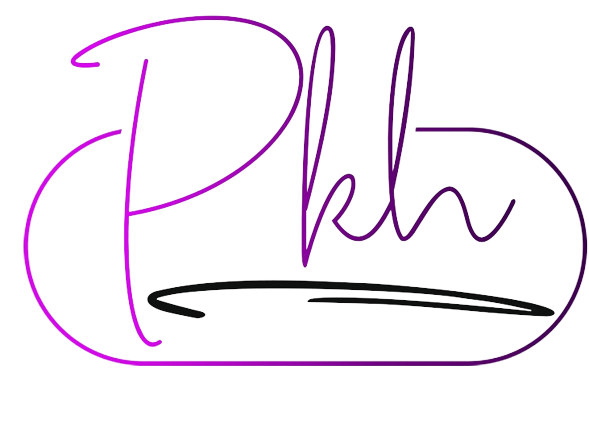- 12 November, 2020
- Posted by: Jane Oluwadare
- Category: PHRONESIS Lighthouse
A number of times this year, we have had a wave of people reminding others to be kind, to treat others well etc. However, it does not seem to last long before we sort of return to “default settings”. In this article, we take a look at kindness, and some of the many different ways that it shows up.
Sometimes, people show up with the strength of their gifting or talents, even though they’re hurting somewhere else. It’s often because they honour the opportunity/position or the person, or they don’t want to let you down. We often do not find out until much later how much pain they hid/buried to be able to show up as they did. A popular example was Chadwick Boseman, who played Black Panther and served up several iconic movies back-to-back, enduring a lot of public backlash over his evident weight loss, while battling colon cancer before succumbing to the ravenous disease. It was one major driving force behind the “be kind” campaign.
Sometimes, people stretch beyond their limits/pain or even inabilities/disabilities to make something possible for others. It’s because they value you/relationship – sometimes even more than their own selves or well being. I know that the church culture of “honouring leaders” may have some roots in this, but that’s not our focus in this article. Beyond that the obvious, it might help a lot if we deliberately make efforts to stop taking people’s efforts for granted, even when it looks to you like it was effortless to them.
Grace can aid execution, but I have seen so many carried by grace to do an assignment, but fall apart right after. Grit and determination can fuel excellent delivery, but when all is said and done, and the person is left with themselves, a sort of backlash leaves them drained and craving replenishment and support (because something must give, and nothing is free after all). Be kind, and don’t take people for granted. Whatsoever the Lord (or your heart) says to do for people, please do. They may not look like they need help or support, but looks can deceive, do you see?
This is why we cannot keep judging how much of kindness we want to give/show based on how we perceive the person.
Let’s take a look at the flip side: entitlement.
It’s quite alarming to see the rise of a sense of entitlement in our generation. There seems to be a greater display of a mindset that you have the right to receive things from others. But the truth is that no human owes you anything, not even your parents/caregivers (this is a table that I will write/speak on another day, and shake it properly because it needs to be shattered). The idea that we have the right to access, to a gift, to whatever it is that’s not ours, that has to come from another human (without us/someone else paying for it) is a dangerous stance to take. It destroys relationships and social capital, and can crush the other party in ways that you do not see.
It is easy to “see” the scope of the other person’s resources and assume that they have the capacity to carry your burden. But finances/resources are like an iceberg: you’d see the influx clearly (the tip), but you do not know how much of expenses that they have to carry (the base of the iceberg). They may not have the capacity to carry you (full hands), or may be struggling internally (and hiding it well). Discard that mindset
Until you have walked in a person’s shoes, you do not have the right to demand/criticize what they do or do not do, not even to and for you. This is a necessary balance: to know that it would do us all good to remember that nobody owes us anything, not even kindness.
We admonish ourselves to do better because it helps us be better humans, not because of what we want to gain. And we show up our strongest selves, because it is a reflection of who we are, and the God that is (and has been) at work in us, not for the sake of any human or material benefit.
Just because people can live/work/survive without help does not mean that they do not need it. The strain of adaptation to keep doing/delivering excellence without the needed support often stands between people and their full potential. For example, if I ask for help, it’s not pretense. It’s a need.
Over and again, I have seen/heard people gaslighted because they don’t look like “they need help”. If they didn’t need it, they would not be asking. Some need more than others, but help is help.
And what is it with us and the judging anyway? How did we come to the point of deciding what the look of helplessness is? Who set the rule that a person must look pitiful before we judge them worthy of help? So there’s a look of helplessness?…and you, fellow human, would rather demand that another human falls to that state where they are weak and helpless BEFORE they are worthy of your assistance?
Sometimes, I wonder if we forget.
Did you forget that when you prop people like this, you both get to do more, reach more people, amplify your efforts? It’s one thing if you are not able to help. But when your unwillingness to help is rooted in a sense of “they don’t deserve help”, you might want to check on that saviour’s complex before it really blows up.
And don’t get me started on those who help so that they’d receive something in return. That’s transaction, not help/kindness. It is often even an oppressive/unfair transaction, because you would be taking advantage of the person’s weakness to take something that they ordinarily would not give, just to satisfy your own base desires.
I did not quite plan to get worked up over this issue, but it happened, and I must close this treatise before my emotions mar the logical train of thought. Perhaps, we will return to this topic another day. Perhaps not.
Until then,


